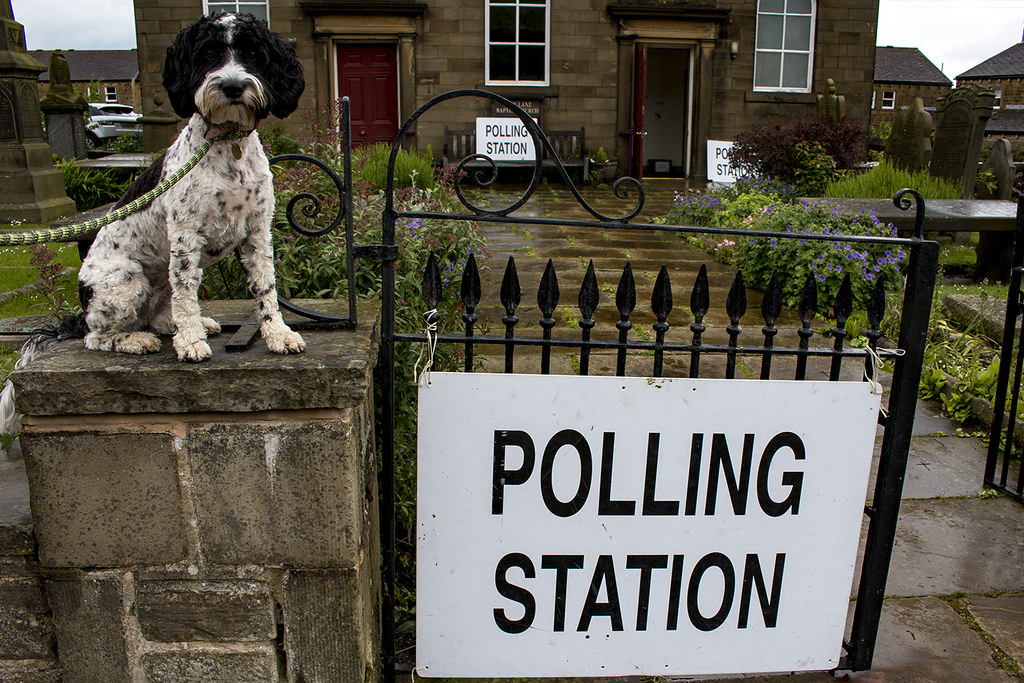So another General Election campaign has started, and to be honest I’ve not got anything more to add to previous blogs about how campaigners can use them most effectively (you can read them here, here and here).
But I do think that elections are great opportunities to be looking out for trends, tactics and approaches that will influence and shape wider campaigning in the weeks
And, unlike 2017, when the election took almost everyone by surprise, all the major parties have been planning and preparing for this election for months, so I suspect we’ll see more innovation in approaches than we did two years ago.
So here is my top list of what campaigners should be lookout for in the next few weeks;
- How Momentum uses Big Organising – the grassroots movement that is supportive of Jeremy Corbyn and the Labour Party. They’re the only group that I can see across the political parties who are trying to adopt the big organising approaches that have been at the heart of the success of Bernie Sanders in the US – in keeping with that approach they’ve published their whole strategy online for supporters to see.
They’ve already kicked off the campaign with the largest mobilising conference call in UK political history which involved over 1,500 supporters, and this really site with great UX to help supporters find the key seats to go and campaign in. - What issues cuts through beyond Brexit – the election might have been called because of Brexit, but don’t assume that will be the only issue the parties are talking about. Back in 2017, who would have thought at the start of the election that the Conservative’s Dementia Tax or support for the Ivory Trade would become some of the most important issues for voters.
I suspect the same will happen this time around, and watching what topics cut through beyond Brexit will provide useful case studies for campaigners to learn from how issues rise up the agenda, how to frame a topic, built concern and keep it in the news agenda. - Does this become the climate election? – awareness of the climate emergency has never been higher, thanks to Blue Planet, Extinction Rebellion, Greta and the School Strikes, but will that translate into a voting priority in December – given the science this should be the climate election, and that’s happened in other countries (more in this article) but will the same happen in the UK?
I’d also be watching out for the way young people mobilise on the issue – youth campaigners in Canada have used their recent elections to drive up the conversation about the need for a Green New Deal, and the Sunrise Movement is doing some brilliant big organising work in the US ahead of the 2020 presidential elections. - Who will produce the best video content? With more and more of us viewing video content via social media on mobile devices, and the ease of producing video content, we’re a long way from the days of Party Political Broadcast shown just after the news, but who will produce the most viewed content, and what can that teach campaigners looking to communicate using this medium.
Beyond that, look to see what type of content gets cut through on social media – the Conservatives might have been ridiculed for using Comic Sans in Twitter posts a few weeks about, but apparently the era of political shitposting is on us. - The great Facebook advert debate – The initial focus of the last few weeks might be on Twitters decision to ban political adverts (sidebar on that – the definition of political adverts that includes ‘advocate for or against legislative issues of national importance (such as: climate change, healthcare, immigration, national security, taxes)’ could catch lots of non-partisan charity campaigning – see more here) but watching how the parties are using Facebook in targetted ways will be packed full of lessons for campaigners – and how that shapes the conversation about if and how Facebook adverts should be regulated .
Earlier in the year at the European Election, it was the Brexit Party who used Facebook most heavily in the campaign, and I’d recommend a read of this from 89Up on what they did – you don’t have to agree with them to learn from them. This is a great look from Who Targets Me at how all the parties are pushing A/B testing in their campaigns showing just how granular the parties will go in their tests, and this another good look from the team at Shape History here.
One of the few positive steps that Facebook have taken is to open up the Ads Library, so anyone interested can just jump into to see what adverts candidates and parties are running – I’d recommend an explore.
